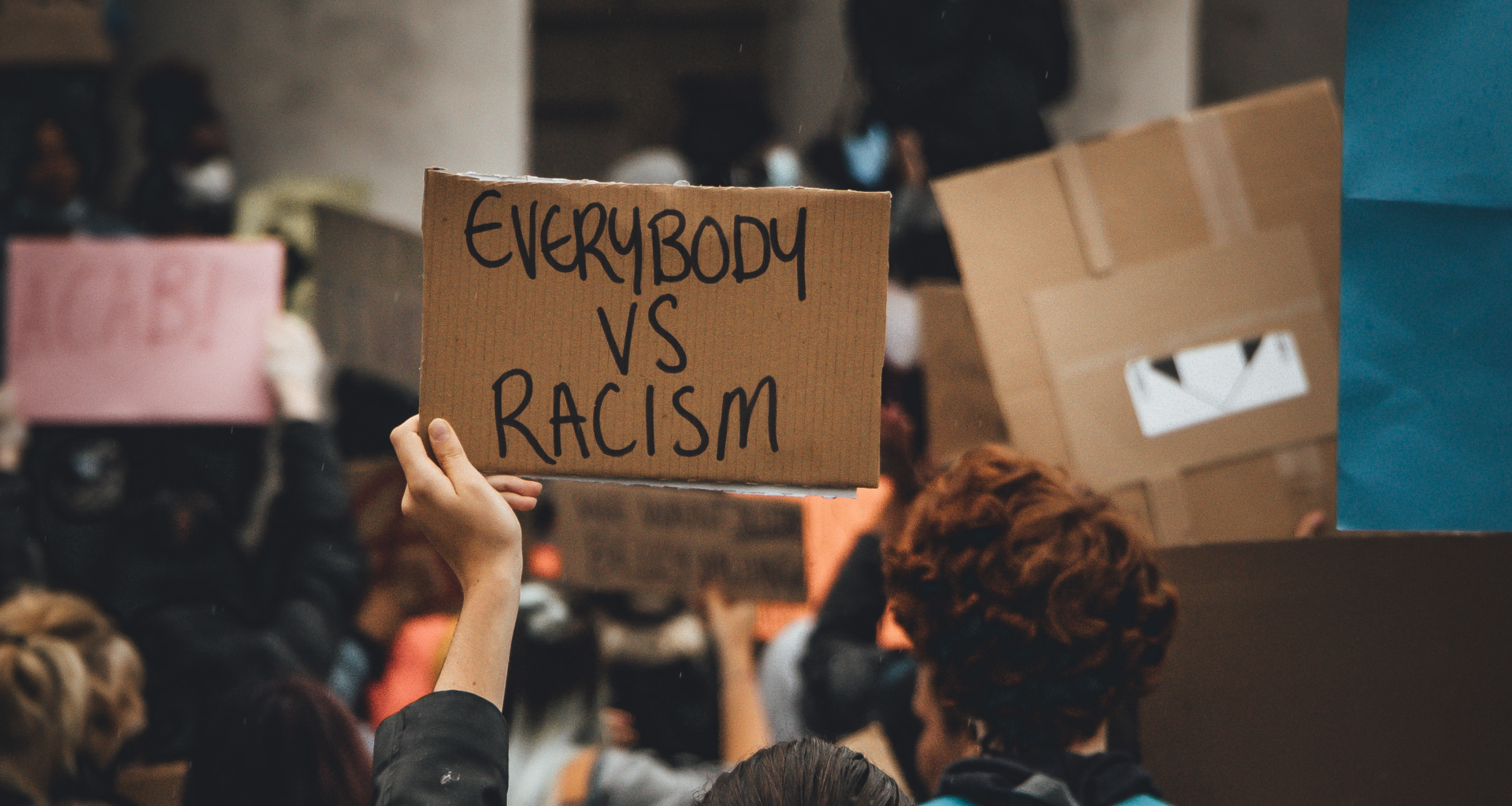Gig Workers Deserve Better
Gig work is not a new phenomenon. It’s just a new term placed on blue-collar workers around the world. Gig workers were thrust into the limelight amid the pandemic. In the days of prolonged lockdowns and social distancing, gig workers in their respective uniforms were seen rushing through products, ensuring customers receive them on time.
They became a crucial instrument for local businesses, ensuring delivery of products and services happen maintaining social distancing measures and other COVID protocols. They literally kept the world moving.
The gig work industry can also be considered a blessing in disguise for many who lost their jobs due to the pandemic. Gig working also allowed the flexibility to workers who chose it to make extra income beside their day jobs.
The growth in gig working is increasingly fueling the gig economy. “Gig economy market size was valued at US$355,000 million in 2021 and is expected to expand at a CAGR of 16.18%, between 2022-2027, reaching US$873,000 million by 2027,” stated a recent report by Industry Research.
Gig workers are an important tool in the post-pandemic recovery for any country. Governments and businesses need to ensure they receive better payouts and health incentives to ensure they continue to provide goods and services amidst good and bad times.
Issues Being Faced
Gig workers around the world face some key challenges that is mostly rooted in the structure of gig work itself. They are:
- Financial stability – There is no assurance as to the salary or income of a gig worker. A day’s earning is vastly dependent on the work being completed. Also, most of the times, businesses defer from making timely payments to gig workers, greatly inhibiting their socio-development. Take the case of gig workers in Indonesia, who are only paid for per kilometer travelled and not for waiting time and cancelled orders. This makes their income among the lowest, with some earning less than $1.39 a day.
- Administrative support – Gig workers also suffer from the lack of administrative support. Gig workers also encompass individuals who work on contractual basis. Such individuals lack the support of administrative infrastructure such as accounting and marketing.
- Predictable career options – Gig workers such as freelancing designers and software personnel lack clear work identity, making it difficult for them to navigate a certain career path. While gig companies promise flexibility and independence to gig workers, in reality workers’ tasks are tightly prescribed and controlled by such companies.
- Socio-mental stability – Gig workers also suffer from social relationships that are mostly seen in regular workplaces where you can maintain and make work buddies. Gig workers also have to cope with the heightened pressure of working independently, coping with the highs and lows of contractual jobs.
What is Being Done?
Governments around the world are taking actions to protect gig workers’ rights. The Federal Trade Commission of the United States has announced policy to safeguard interests of gig workers. The commission is taking strict actions on companies that are deceiving their gig workers about pay and hours and resorting to anticompetitive wage fixing and coordination between gig economy companies.
Samuel Levine, Director of the FTC’s Bureau of Consumer Protection said, “No matter how gig companies choose to classify them, gig workers are consumers entitled to protection under the laws we enforce. We are fully committed to coordinating our consumer protection and competition enforcement efforts within the FTC as well as working with other agencies across the government to ensure gig workers are treated fairly.”
Singapore’s Ministry of Manpower recently approved all the recommendations made by the Advisory Committee on Platform Workers. Recommendations made by the committee include financial protection in case of work injury and improving housing and retirement adequacy for platform workers.
While large platform companies operating in Singapore have shown their support to the recommendations, they are still calling for a level playing field. A statement from the Digital Platforms Industry Association (DPIA) – formed by Grab, foodpanda and Deliveroo said, “These measures will place an upward pressure on business costs, and we must recognize that this will impact the wider ecosystem, including merchants and consumers who may see increased prices, and our rider partners whose take-home earnings may be reduced. We will work with the Singapore Government on the details of these recommendations.”
Important Considerations
Companies—along with governments—need to acknowledge and understand the growing needs and rights of gig workers. The Great Resignation has disrupted the job market, greatly increasing the gap in the demand and supply of workers. Gig workers can help fill this gap.
It is equally important for companies to realize that although gig workers are not permanent employees, they too deserve better pay and benefits than they currently have.
Photo Caption: A delivery guy on the phone in Shenzhen, China. Photo by Joshua Fernandez on Unsplash.



